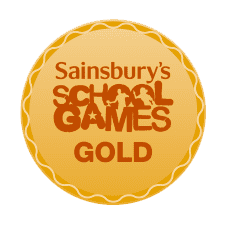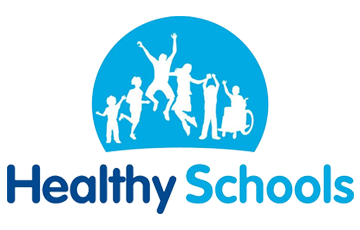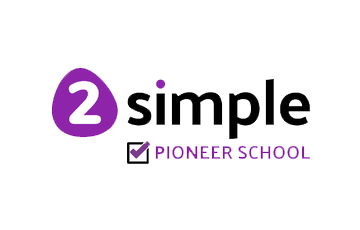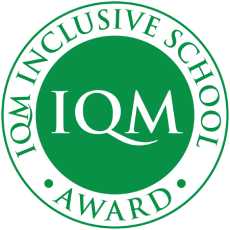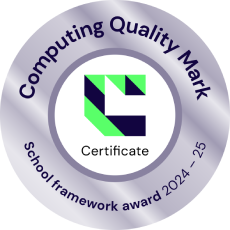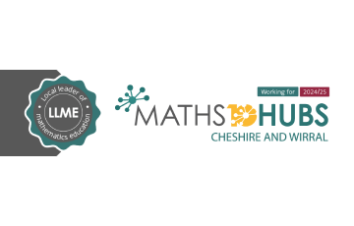Science
“A high-quality science education provides the foundations for understanding the world through the specific disciplines of biology, chemistry and physics. ”
– National Curriculum
Intent:
At New Brighton Primary School, science is a valued core subject and we recognise the importance of science in everyday life. Our science curriculum gives children the opportunity to understand the world around them and develop their natural curiosity in order to develop the scientists of the future. Our main aim is to develop questioning individuals who want to discover ‘WHY?’
We want our children to become observant individuals who naturally develop hypotheses and can investigate to find an explanation. We know that science is the perfect subject for helping to develop resilience in our children as scientists cannot always find an answer straight away, they must be patient and remember that we often learn from failure and not success.
Our curriculum provides the foundations for understanding the world through the specific disciplines of biology, chemistry and physics and we prioritise developing scientific skills through exploring a variety of enquiry types. We ensure that essential aspects of the knowledge, methods, processes and uses of science are at the forefront of each lesson taught and we provide exciting, practical hands-on experiences for our children to enjoy and remember. We actively work to promote gender equality in science and highlight a wide range of science role models, including women in science, as we know that this is an important way to inspire women into STEM learning and STEM careers.
Implementation:
We use Cornerstones as a cross-phase planning scheme. This provides the backbone to our science curriculum. Teachers create a positive attitude to science learning within their classrooms and reinforce an expectation that all children are capable of achieving high standards in science.
Science is taught for a minimum of 1 hour per week and work is recorded in a separate science book. Children are given a knowledge organiser at the start of each topic to support children with their acquisition of knowledge and these are used as a reference document. Floor books can also be used to record practical lessons e.g. experiments. Children are not required to write up experiments and time should be spent on the working scientifically aspects of the curriculum rather than English objectives. Post-it planning is used across school to ensure quick experiment planning, which can be completed as a whole-class, in groups or individually.
Each lesson should begin with a flashback in order to revisit science knowledge and skills from previous year groups. Every year group will build upon the learning from prior year groups therefore developing depth of understanding and progression of skills. Children are to explore, question, predict, plan, carry out investigations and observations as well as conclude their findings. There is to be an opportunity to complete at least 1 enquiry type across each science topic and each enquiry type should be visited at least once across the school year.
Impact:
Our curriculum, along with various trips, workshops and visitors, will impact our children by enabling them to make outstanding progress throughout their time at New Brighton Primary School and they will leave us with at least age related expectations for science. We will have developed enthusiastic scientists and our children will understand how science has changed our lives and it is vital to the world’s future prosperity. Our children will understand that they have the capability to change the world. This will all be evidenced through pupil voice, science books and through the children’s love of science.

